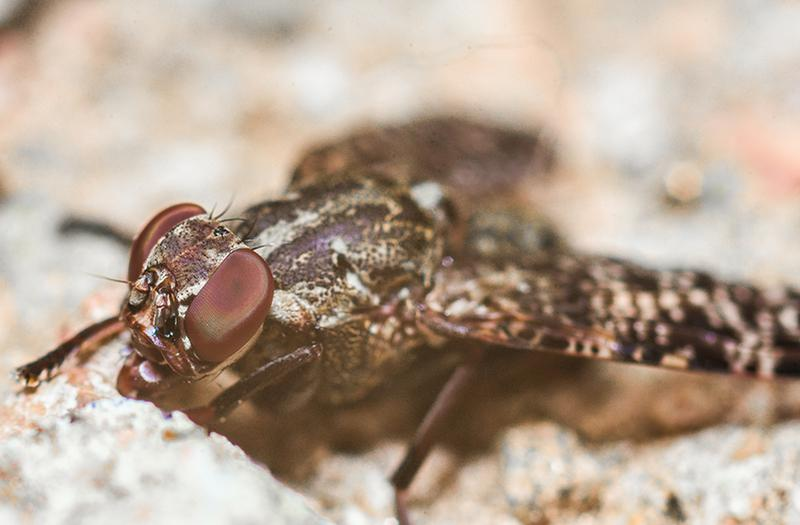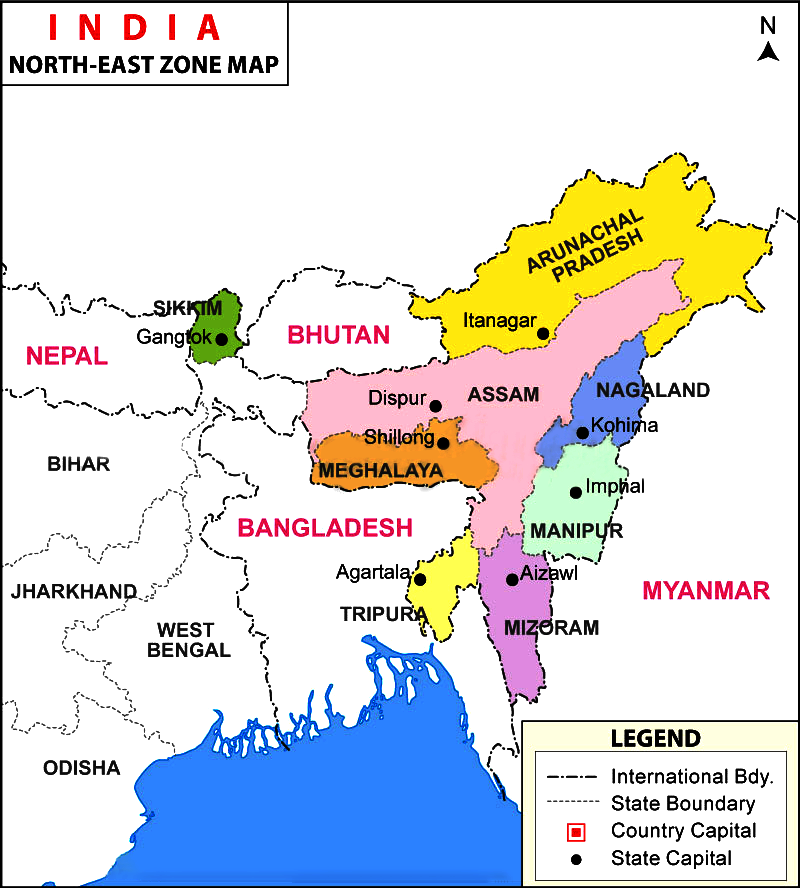Rapid Fire
Rapid Fire Current Affairs
- 20 Feb 2023
- 5 min read
Tsetse Flies
A recent study shows that tsetse flies produce volatile pheromones that control their mating behaviour and the dangerous diseases they carry. With climate change projected to expand the areas in which tsetse flies can survive, more humans and animals are expected to be affected by these diseases in the coming years.
Tsetse flies are known to carry parasites called African trypanosomes. When the insects bite humans or animals, they transmit these parasites, spreading diseases such as African sleeping sickness, which can be fatal to humans, and nagana, a disease that affects livestock and other animals.
Read More: Parasites
Commission for Social Development
India has been elected as the Chair of the 62nd Session of the Commission for Social Development in 2023. The announcement was made at the 13th plenary meeting-61st session of the commission for social development.
For the 62nd session, the priority theme of the session is decided as “Fostering Social Development and Social Justice through Social Policies to accelerate Progress on the Implementation of the 2030 Agenda for Sustainable Development and to achieve the overarching goal of poverty eradication.”
Commission for Social Development is one of the key commissions tasked with monitoring and carrying out the Copenhagen Declaration and Programme of Action. It was established by the Economic and Social Council (ECOSOC), one of the six main organs of the United Nations. The commission’s goal is to advise the ECOSOC, particularly on those social issues that are not dealt with by specialized intergovernmental organisations of the UN.
Copenhagen Declaration and Programme of Action was adopted during the World Summit for Social Development in 1995, which represents a new consensus on the need to put people at the centre of development.
Read More: Economic and Social Council (ECOSOC), Organs of the UN
Statehood Day of Arunachal Pradesh
The Prime Minister of India extended his wishes to the people of Arunachal Pradesh on its 37th Statehood Day.
Through the 55th amendment to the Indian Constitution in 1986, Arunachal Pradesh became the 24th state of the Indian Union on 20th February 1987. During the British Colonial Rule, until 1972, the state was named as the North-East Frontier Agency (NEFA). On 20th January 1972, it became a Union Territory and was named Arunachal Pradesh. It was granted statehood by the State of Arunachal Pradesh Act, 1986. The state was formed out of Assam in the year 1987.
Read More: Protected Areas of Arunachal Pradesh
Teja Variety of Red Chilli
The growing demand for the popular Teja variety of red chilli, famous for its culinary, medicinal and other wide-ranging uses, in the export market is proving to be a boon for the Khammam Agriculture Market, Telangana.
Khammam district, the largest producer of the Teja variety of red chilli, is the leading exporter of pungent fruit. The huge demand for Oleoresin, a natural chilli extract, is mainly driving the export of Teja variety of red chilli from Khammam district to various spice processing industries in several Asian countries. This variety of red chilli is being exported to China, Bangladesh and a few other south Asian countries. A large portion of the commodity is being exported to China. The pungent fruit is most sought after in various south Asian countries including Thailand due to its unique flavour and wider applications as a natural colouring agent.
Read More: India’s Farm Export








